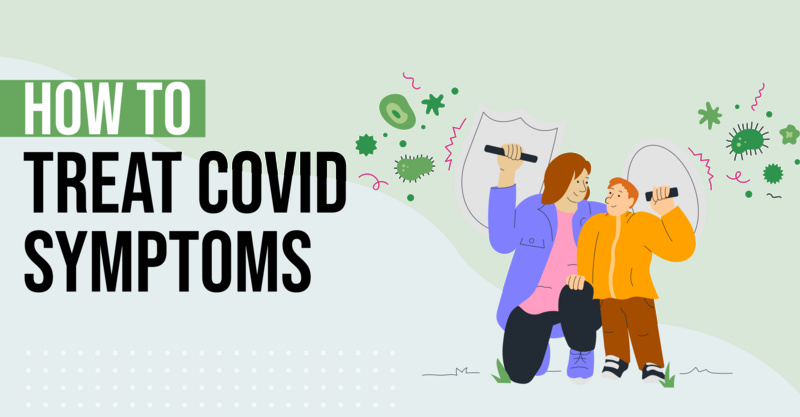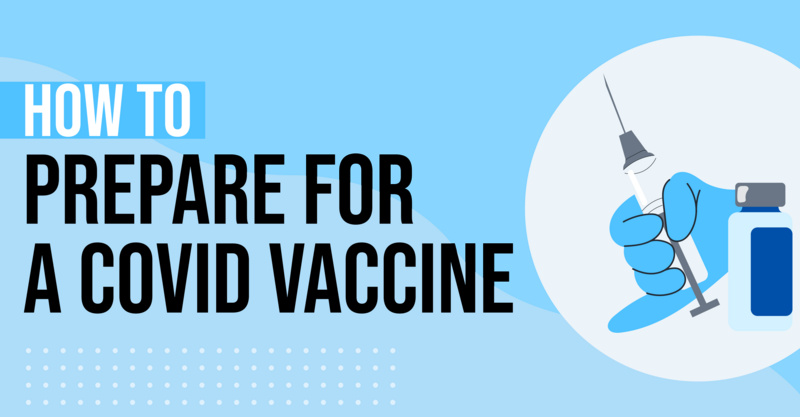Key Points
- The article identifies seven main causes of loss of taste, including smoking, certain medications, gum inflammation, injury, surgery, nutritional deficiency, and aging.
- It also outlines several health conditions that can lead to loss of taste, such as common cold, influenza, COVID-19, Bell’s Palsy, sinusitis, strep throat, middle ear infection, and sore throat.
- The article emphasizes that loss of taste is a common symptom of COVID-19, and encourages those experiencing it to consider getting a COVID test.
- It provides a list of questions that a doctor may ask to diagnose the cause of loss of taste.
- The article also explains that loss of taste can be referred to in various ways, including impaired taste, ageusia, dysgeusia, hypogeusia, taste loss, or metallic taste.
Top 7 Loss of Taste Causes
1. Smoking
Tobacco products like cigarettes and cigars contain a wide range of irritants, heavy metals, and carcinogenic molecules that can reduce taste sensitivity and cause loss of taste.[1] Smoking can also reduce blood supply to the taste buds to result in loss of smell or taste.[2] Loss of taste related to smoking is more common in those who smoke heavily, and can naturally reverse after a person quits smoking.
2. Certain Medications
Loss of taste is a side effect of many different types of medications, including antihistamines (e.g., prednisone), anti-inflammatory drugs (e.g., aspirin, ibuprofen), heart medications (e.g., propranolol, diltiazem), and antipsychotics (e.g., diazepam, bupropion).[3] Thyroid medications, lithium, and cancer drugs may also cause loss of taste.
3. Gum Inflammation
Gums that become inflamed on behalf of gingivitis, periodontal disease, and other oral health problems can lead to loss of taste or an unpleasant taste. Loss of taste and taste disorders caused by poor oral health usually occur due to damaged nerves and taste receptors.[4]
4. Injury
Injuries to the head, ear, mouth, and nose can lead to loss of taste on behalf of nerve damage to these areas or parts of the brain.[5] People who suffer the loss of taste due to an injury will usually recover their sense of taste naturally, as their bodies heal.
5. Surgery
Any surgery performed on the head, mouth, throat, nose, or ear can result in loss of taste if the surgery affects nerves in these areas. Anesthetic agents used to reduce or eliminate pain during surgery are also found to cause loss of taste for between 1 and 2 weeks following the procedure.[6]
6. Nutritional Deficiency
Certain vitamins and minerals such as zinc and vitamin B12 play important roles in taste perception. Therefore, being deficient in these nutrients can lead to loss of taste.[7] Improving nutrition and eating foods high in zinc and B12 can often help restore taste sensitivity.
7. Aging
Taste sensitivity usually decreases after the age of 60 on behalf of reductions in saliva production and the number of taste buds.[8] Taste buds also begin to shrink as part of the natural aging process to result in loss of taste. Sweet and salty tastes are often lost first, followed by bitter and sour tastes.[9]
Possible Health Conditions Related to Loss of Taste
1. Common Cold
Common cold symptoms such as stuffy nose and congestion affect nerves and tissues in the nose related to the sense of smell, which can also impair the sense of taste.[10] Other symptoms associated with the common cold include sore throat, runny nose, cough, and headache. Most people can recover from the common cold within 7 to 10 days.[11]
2. Influenza
Loss of taste may be a symptom of influenza due to the way this respiratory illness causes a stuffy nose.[10] Influenza shares many of the same symptoms as the common cold, but comes on more suddenly and has the potential to be life-threatening. Common symptoms of influenza include fever, sore throat, cough, and fatigue.[12]
3. Coronavirus (COVID-19)
COVID-19 is a contagious respiratory illness that produces symptoms of fever, dry cough, shortness of breath, and general malaise.[13] Loss of taste may also occur with COVID-19, including in asymptomatic patients who may not experience any other symptoms of illness. Loss of taste associated with COVID-19 can set in anywhere between 2 and 14 days after exposure to the virus.[14]
4. Bell’s Palsy
Bell's palsy is a form of temporary facial paralysis or weakness that affects one side of the face. Symptoms of Bell’s palsy appear suddenly, last for about 2 weeks, and range from mild to severe. Loss of taste is a common symptom of Bell’s palsy, along with twitching, drooling, and tearing in the affected eye.[15]
5. Sinusitis
Sinusitis is the swelling and inflammation of tissue lining in the sinuses located behind the forehead, nasal bones, cheeks, and eyes. Sinusitis usually occurs due to infection from a virus or bacterial infection. Loss of taste and smell are common symptoms of sinusitis.[16] Other symptoms of sinusitis include bad breath, cough, fatigue, and sore throat.[17]
6. Strep Throat
Strep throat is a bacterial infection that causes sore throat, along with fever, chills, nausea, and loss of taste. Strep throat is spread from person to person through saliva or fluids from the nose and is most common among children between the ages of 5 and 15. Symptoms of strep throat usually resolve within one week and can be effectively treated using antibiotics.[18]
7. Middle Ear Infection
An infection in the middle ear known as otitis media can lead to loss of taste.[19] Otitis media is commonly caused by the common cold, sinusitis, allergies, and tobacco smoke, and affects children more often than adults. Loss of taste related to a middle ear infection may be accompanied by ear pain, cough, congestion, and hearing loss. Many middle ear infections resolve on their own without interventions, though antibiotics may be used to clear an infection caused by bacteria.[20]
8. Sore Throat
Sore throat, also known as pharyngitis, is swelling that occurs in the back of the throat between the tonsils and voice box. Sore throat is commonly caused by influenza, mononucleosis, and the common cold, and is characterized by a scratchy feeling in the throat along with pain when swallowing. Loss of taste is a symptom of sore throat, along with headache, nausea, fever, and loss of appetite.[21]
Questions Your Doctor May Ask About Loss of Taste
- Are you experiencing any other symptoms besides the loss of taste?
- When did you first start noticing a loss of taste?
- Which medications are you taking?
- Do you smoke tobacco products?
- Have you recently suffered an injury?
- Did you recently have a cold or infection?
- Have you recently been exposed to a person who tested positive for COVID-19?
- Did you recently attend a large event or gathering with lots of people?
Loss of Taste May Also be Known as:
- Impaired taste
- Ageusia
- Dysgeusia
- Hypogeusia
- Taste loss
- Metallic taste
Frequently asked questions
What are some of the main causes of loss of taste?
The main causes of loss of taste can include smoking, certain medications, gum inflammation, injury, surgery, nutritional deficiency, and aging.What health conditions can lead to loss of taste?
Health conditions such as the common cold, influenza, COVID-19, Bell’s Palsy, sinusitis, strep throat, middle ear infection, and sore throat can lead to loss of taste.Is loss of taste a common symptom of COVID-19?
Yes, loss of taste is a common symptom of COVID-19.What should I do if I experience loss of taste?
If you experience loss of taste, it may be a good idea to consider getting a COVID test, as it is a common symptom of the virus.How do doctors diagnose the cause of loss of taste?
Doctors may ask a series of questions to diagnose the cause of loss of taste.Are there different terms for loss of taste?
Yes, loss of taste can also be referred to as impaired taste, ageusia, dysgeusia, hypogeusia, taste loss, or metallic taste.Can aging cause loss of taste?
Yes, aging is one of the factors that can cause loss of taste.Can injury or surgery lead to loss of taste?
Yes, both injury and surgery are listed among the causes of loss of taste.
Solv has strict sourcing guidelines and relies on peer-reviewed studies, academic research institutions, and medical associations. We avoid using tertiary references.









